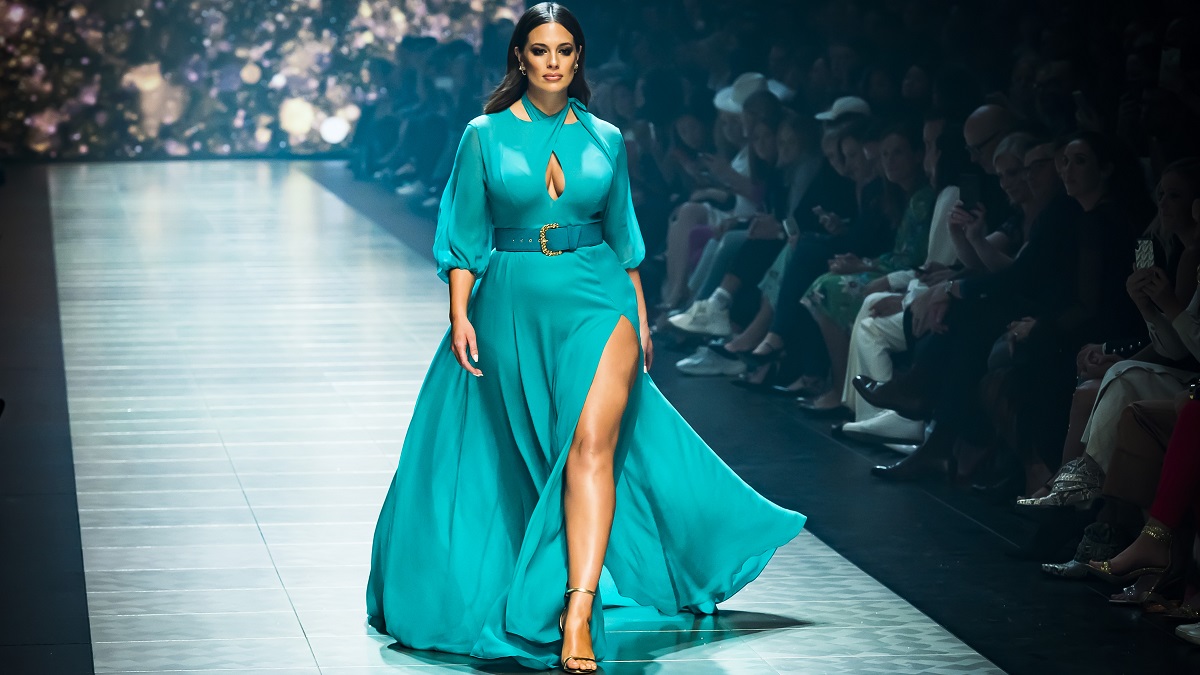Are Fashion Nova Models Photoshopped?

In today's digital age, the fashion industry is heavily influenced by social media platforms, where visual aesthetics reign supreme. Among the many brands that have gained popularity, Fashion Nova stands out for its trendy styles and bold marketing strategies. However, a common question arises: Are Fashion Nova models photoshopped? This inquiry delves into the world of digital editing, body image, and the impact of fashion marketing on consumer perception. As we explore this topic, we will examine the use of photo editing in fashion, the implications for body image, and the broader social conversation surrounding beauty standards.
Quick Info Table: Fashion Nova and Photo Editing
| Aspect | Details |
|---|---|
| Brand | Fashion Nova |
| Founded | 2006 |
| Popular Platforms | Instagram, Facebook, Twitter |
| Target Audience | Young women, fashion enthusiasts |
| Photo Editing Use | Common in fashion marketing (notably retouching) |
| Impact on Body Image | Can contribute to unrealistic beauty standards |
The Role of Photo Editing in Fashion
Understanding Photo Editing
Photo editing is a technique used to enhance images through various digital processes. This includes retouching, color correction, and the alteration of shapes and sizes in photographs. The fashion industry employs these techniques extensively to create visually appealing advertisements and campaigns. The aim is to showcase clothing in the best light possible, often leading to the enhancement of models' features.
The Case of Fashion Nova
Fashion Nova leverages social media influencers and models to promote its clothing lines. With millions of followers, these models often showcase their outfits through expertly curated photos. While many consumers admire these looks, it’s essential to recognize that images shared on these platforms may undergo significant editing. Influencers and models frequently use apps or professional software to enhance their appearance, which can lead to a curated, sometimes unrealistic portrayal of beauty.
The Impact of Photoshopped Images on Body Image
Unrealistic Beauty Standards
The prevalence of edited images can create unrealistic beauty standards, particularly among young women. Studies suggest that exposure to idealized body types can lead to body dissatisfaction and lower self-esteem. The images of Fashion Nova models, often portrayed with flawless skin and ideal body proportions, can contribute to a distorted perception of what is achievable or attractive.
Consumer Perception
Moreover, the gap between reality and the images presented can lead to feelings of inadequacy among consumers. When young women compare themselves to the seemingly perfect bodies of models, it can foster negative self-image and unhealthy behaviors. Statistics indicate that a significant portion of the population feels pressure to conform to these ideals, which can affect mental health and overall well-being.
The Conversation Around Authenticity
Social Media and Authenticity
As social media continues to evolve, a growing movement emphasizes authenticity. Many consumers are becoming more aware of the extensive photo editing practices in fashion marketing. This awareness has led to calls for brands, including Fashion Nova, to adopt more realistic representations of body types and beauty.
The Shift Towards Inclusivity
In response to the demand for authenticity, some fashion brands are beginning to feature unedited images and models of various sizes and backgrounds. This shift aims to promote inclusivity and encourage body positivity. However, the extent to which Fashion Nova has embraced this movement remains a topic of discussion. While the brand has made strides in diversifying its model selection, the question of photo editing still lingers.
Expert Opinions on Photo Editing and Body Image
Insights from Psychologists
Experts in psychology emphasize the need for critical media literacy. Understanding that images are often manipulated can empower consumers to make informed decisions about their body image. Psychologists advocate for open discussions about the impact of edited images on self-esteem and encourage individuals to appreciate their unique beauty.
The Role of Influencers
Influencers play a pivotal role in shaping perceptions of beauty. Many have begun to share behind-the-scenes content that reveals the editing process or promotes body positivity. This trend can help bridge the gap between edited images and reality, fostering a more inclusive conversation around beauty standards.
The Future of Fashion Marketing
Trends in Authentic Representation
The fashion industry is gradually moving towards more authentic representations. Brands are now recognizing that consumers appreciate transparency and authenticity. This shift could mean fewer heavily edited images in the future, promoting a healthier body image for all.
Fashion Nova’s Response
As Fashion Nova continues to thrive, the brand faces the challenge of balancing marketing strategies with societal expectations for authenticity. It remains to be seen how they will adapt to changing consumer preferences and whether they will incorporate more realistic portrayals of beauty in their campaigns.
Conclusion
In summary, the question of whether Fashion Nova models are photoshopped highlights a broader conversation about beauty standards, body image, and authenticity in the fashion industry. While photo editing remains a common practice, the implications for consumer perception and self-esteem are significant. As society pushes for more realistic representations, brands like Fashion Nova must navigate the delicate balance between marketing allure and authenticity.
Ultimately, fostering discussions around body positivity and encouraging consumers to embrace their unique beauty can create a healthier environment. As we move forward, it is crucial for both brands and consumers to recognize the power of images and the impact they have on our perceptions of beauty. Creating a culture that values diversity and authenticity may not only benefit the fashion industry but also promote a healthier society overall.



Comments ()